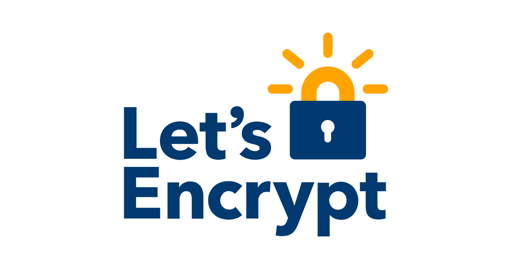- cross-posted to:
- [email protected]
- [email protected]
- cross-posted to:
- [email protected]
- [email protected]
I think it’s a good idea, everyone should be automating this anyway.
Those emails have warned me something was pooched in advance many times. I do find them useful.
Sad to see them go, but nice they mention an alternative.
Pretty much all monitoring solutions on the market track cert expiration nowadays. I get an alert when any of my certs have <5 days left
What monitoring solution do you use? I need to set something up for my own projects but haven’t gotten around to it. Any experience with Nagios?
Providing expiration notifications costs Let’s Encrypt tens of thousands of dollars per year
Not doubting them, but I don’t understand how that’s possible.
Storing the email addresses and expiration dates takes an irrelevant amount of storage space, even if they had billions of cutomers.
Sending the emails should also not cost thousands, even if a significant amount of customers regularly let their certificates expire (which hopefull isn’t the case).
So where are the tens of thousands of yearly costs coming from?
As with all things email, they probably really wanted to make sure that the mails were delivered and thus were using a commercial MTA to ensure that.
I’d wager, even at 20 or 30 or 40k a year, that’s way less than it’d cost to host infra and have at least two if not three engineers available 24/7 to maintain critical infra.
Looking at my mail, over the years I’ve gotten a couple hundred email from them around certificates and expirations (and other things), and if you assume there’s a couple million sites using these certs, I could easily see how you’d end up in a situation where this could scale in cost very very slowly, until it’s suddenly a major drain.
If they send 2 emails per subdomain per year, that could easily be 10s of millions which would make the cost per email measured in thousandths of a cent. And I could see the number of subdomains being larger by a factor of 10, maybe more.
Another angle: someone with IT experience needs to manage the system that seems emails, and other engineers need to integrate other systems with the email reminder system. The time spent on engineering could easily add up to thousands per year, if not tens of thousands.
I’m guessing their figure is based on both running costs and engineering costs.
According to their stats page, Let’s Encrypt’s certificates are used by around 500M domains.
So sendgrid checking does 2.5M emails a month for $90/month, and if call them the Cadillac provider. More than that you have to contact sales, so I’m still wondering how it’s that expensive to them
Transactional email services are about $15 per 10,000 emails. I’ll round down to $10 to consider b2b deals and let’s just say it’s $10,000 per year. That would be like idk 84k emails a month.
Keep in mind this doesn’t consider the DB hosting and the processing of expiring emails and salaries, so yeah, I could see it.
Edit: before anyone yells at me. I can’t math.
I did setup UptimeKuma for notifications on this. let’s see if it works out when the expiry arrives in a month
UptimeKuma looks nice. Simple, but it does what it is supposed to.
Just needs an API and an export/import feature.
I manage all my certs using Cert Warden which has a dashboard that displays the expiry date. It does lack alerting, so I use Uptime-kuma to monitor the expiry dates of the certs. So not a big loss for me.
TIL Cert Warden is a thing. Looks awesome!
I just wish I wouldn’t have to renew certs so often.
If Apple gets their way, you’ll be renewing every month:
You’re not supposed to do it manually.
Tell that to all the embedded device manufacturers… switches, appliances, nas, etc.
There’s a whole load of things that will have a massive administrative burden if the frequency is dropped.
Skill issue.
My server does it automatically, but I have few services I can’t make to read the certs from server storage, so I have to manually copy cert content. Especially Adguard Home for some reason refuses to read my certs.
Have the same problem. But symlinks or copying them via cron solved it for me.
Yes! yes | cp -Lrf /etc/letsencrypt/live/…domain…/*.pem /var/snap/adguard-home/current
You could use a reverse proxy to terminate tls, and take the tls off of ad guard itself.
Mine just auto renews anyway
emails
\sigh












